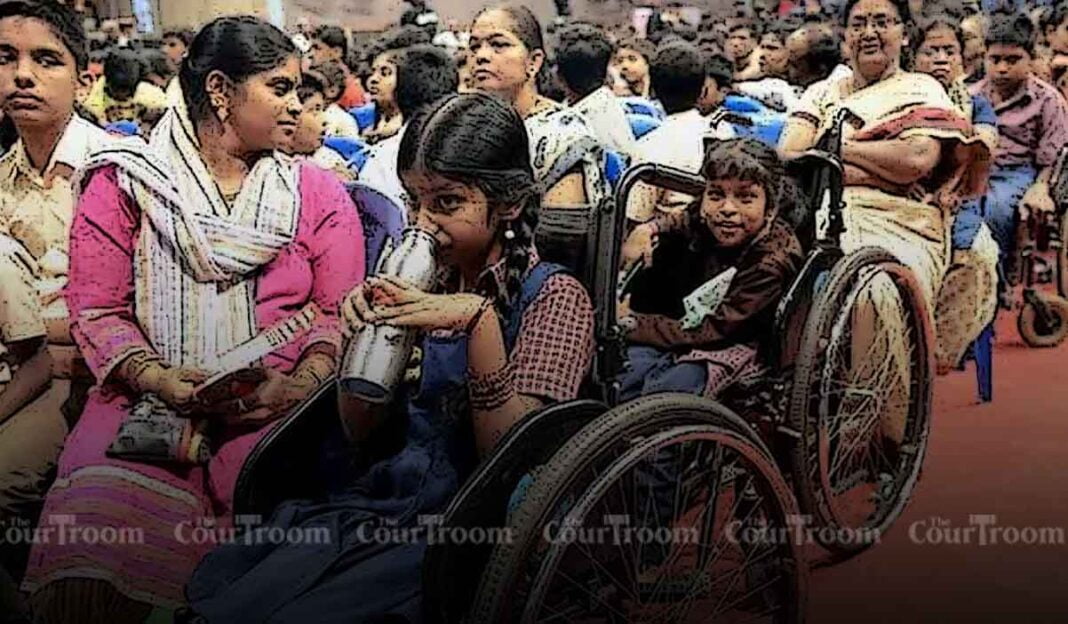Supreme Court Issues Guidelines for Fair Portrayal of Persons with Disabilities in Media
On Monday, the Supreme Court laid down a framework for the portrayal of persons with disabilities (PwDs) in visual media [Nipun Malhotra v. Sony Pictures Films India Pvt Ltd]. The Bench, comprising Chief Justice of India (CJI) DY Chandrachud and Justice JB Pardiwala, emphasized the need to distinguish between humour that fosters understanding of disabilities and humour that denigrates them.
The case was brought to the court’s attention by a plea highlighting disparaging remarks against PwDs in the movie “Aankh Micholi.” The Court underscored that jokes targeting PwDs for comic relief are outdated and that the inadequate representation of PwDs in dominant discourse contributes to this lack of understanding.
In its judgment, the Court outlined several guidelines for the portrayal of PwDs in visual media, aligning with the anti-discrimination and dignity-affirming objectives of the Constitution and the Rights of Persons with Disabilities (RPwD) Act:
- Avoid using derogatory terms like “crippled” that contribute to negative self-image and institutional discrimination.
- Use language that acknowledges the social barriers faced by individuals with disabilities.
- Ensure visual media accurately reflect the lived experiences of PwDs, avoiding one-dimensional, ableist characterizations.
- Portray PwDs as multifaceted individuals who contribute meaningfully across various spheres of life.
- Verify medical information about impairments to prevent discrimination based on misinformation.
- Avoid myths and stereotypes, such as the notion that individuals with impairments possess enhanced sensory superpowers.
- Adhere to the principle of “nothing about us without us,” ensuring decisions are made with the awareness of uniform participation.
The Court also referred to training and sensitization programs and the Convention on the Rights of Persons with Disabilities, emphasizing consultation with rights advocacy groups to ensure accurate portrayals.
The petitioner, disability rights activist Nipun Malhotra, raised concerns about derogatory references to PwDs in the film and its trailer. The Supreme Court had sought a response from the Central government on the plea in March.
The Delhi High Court had previously dismissed Malhotra’s plea, suggesting that excessive censorship should be avoided, noting that India already has prior censorship laws in place.
Senior Advocate Sanjoy Ghose, with Advocates Jai Anant Dehadrai and Pulkit Agarwal, represented Malhotra. Solicitor General Tushar Mehta appeared for the Central Board of Film Certification (CBFC). Senior Advocates Parag Tripathi and Ritin Rai, along with advocates from Nishith Desai Associates and Salvador Santosh Rebello, Advocate-on-Record (AoR), represented Sony Pictures India, the film’s producers.
Share your news, articles, deals, columns, or press releases with us! Click the link to submit and join our platform today.


